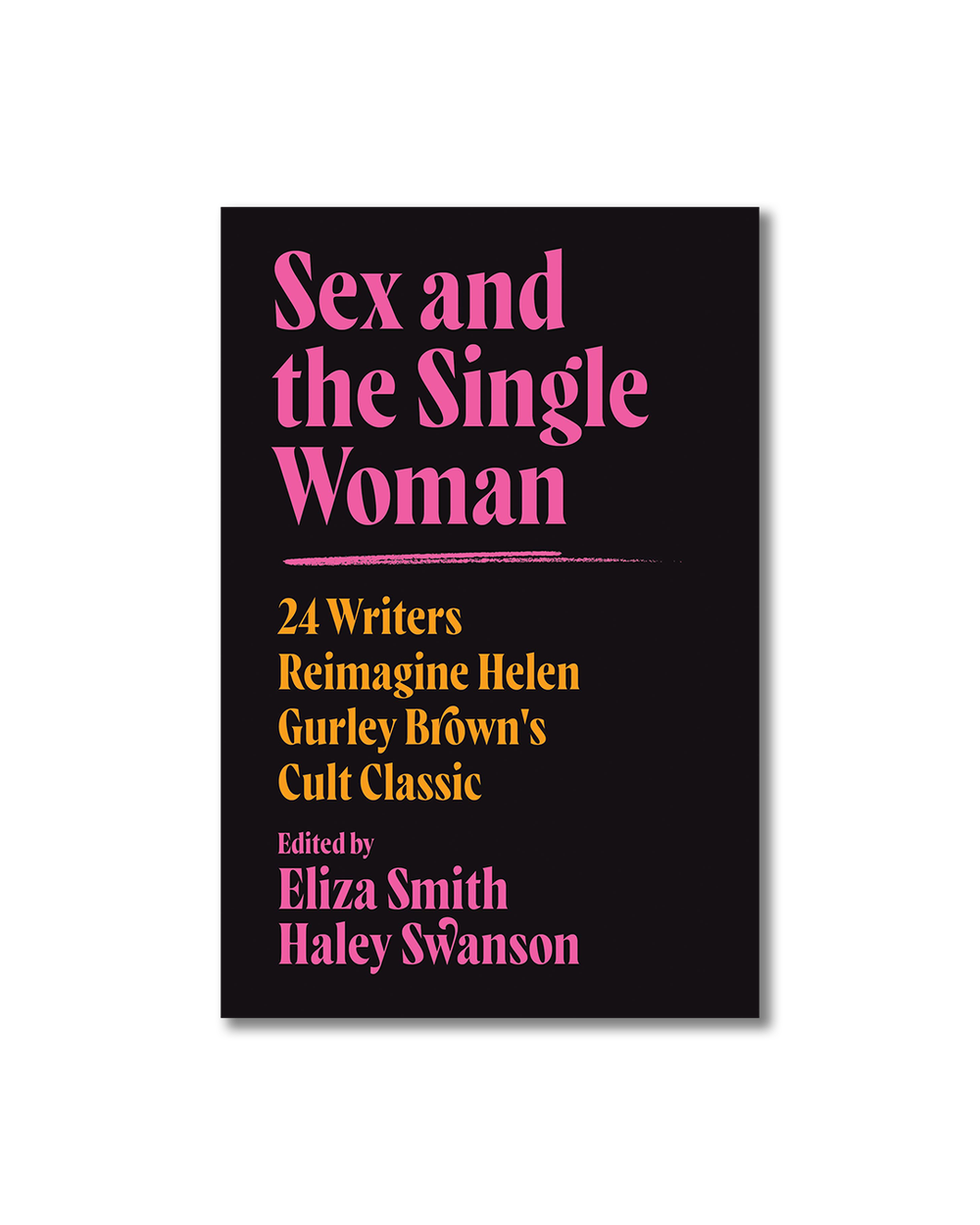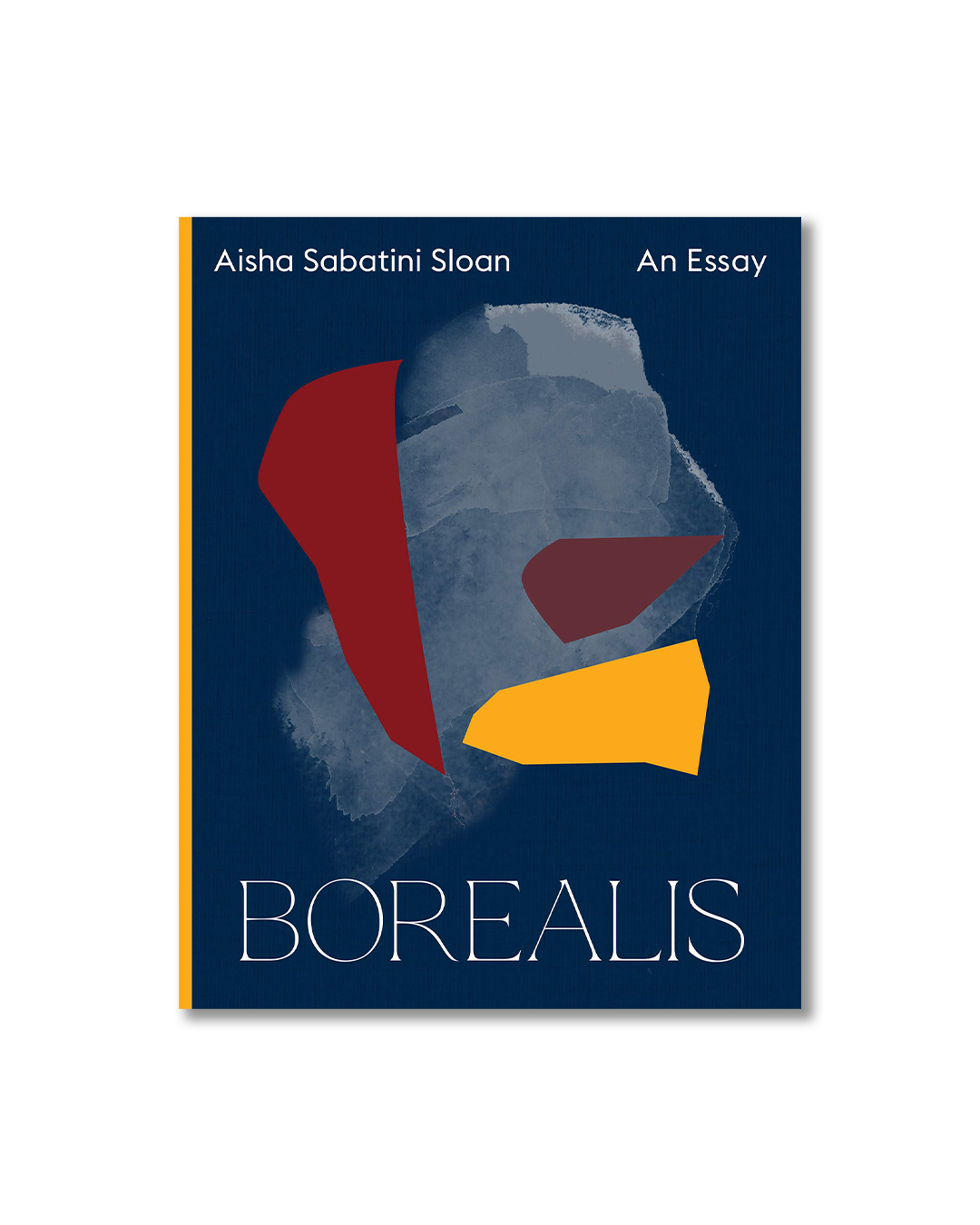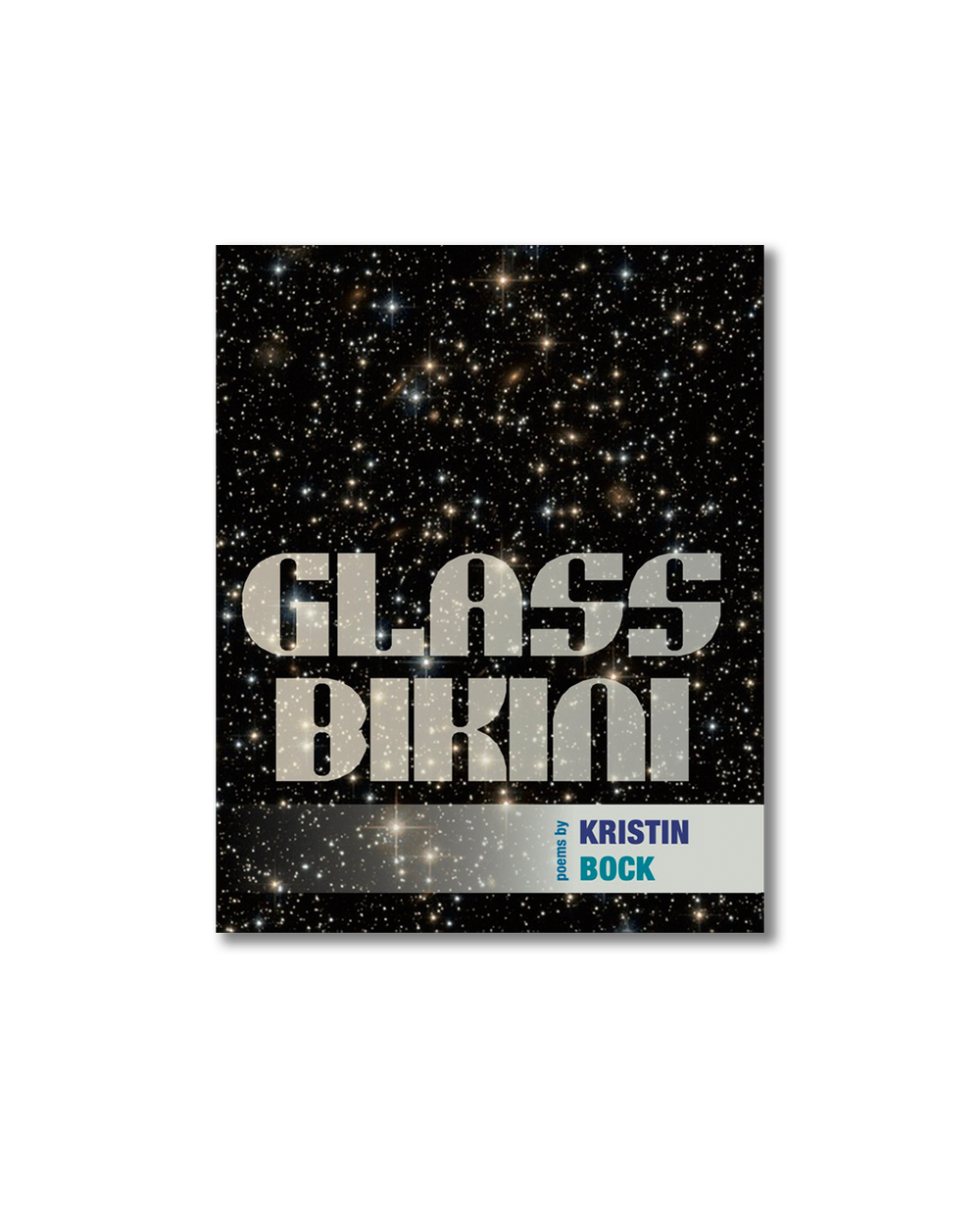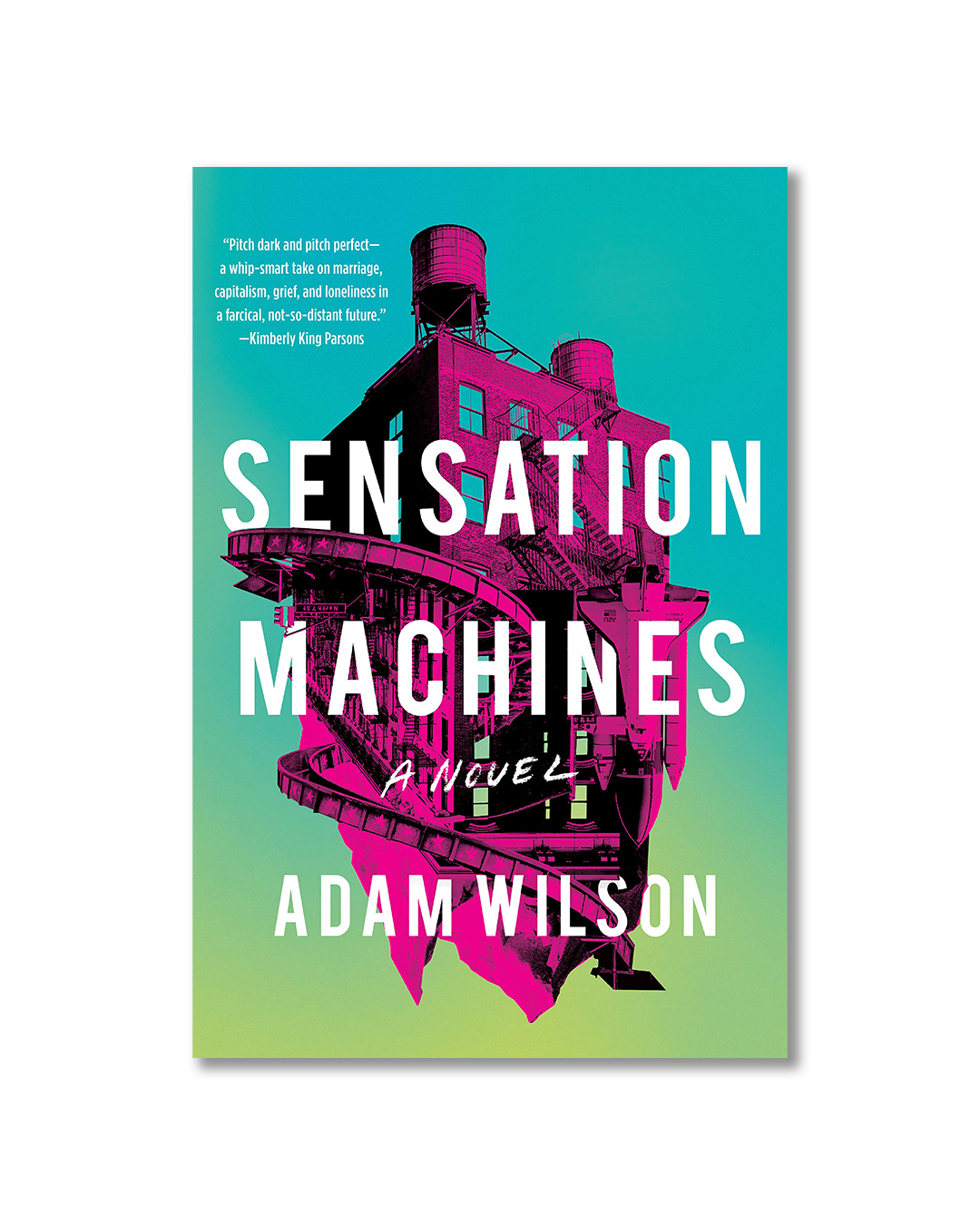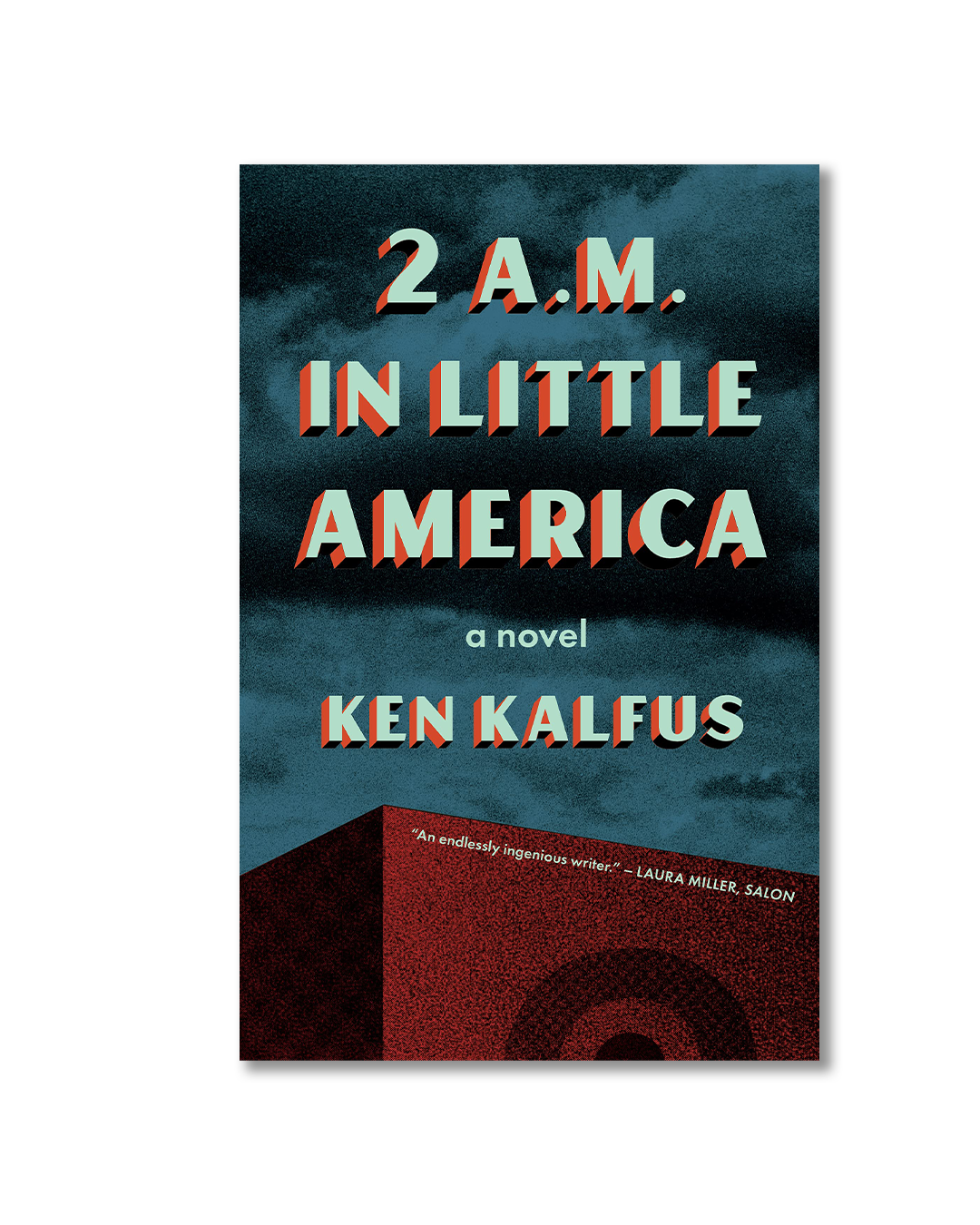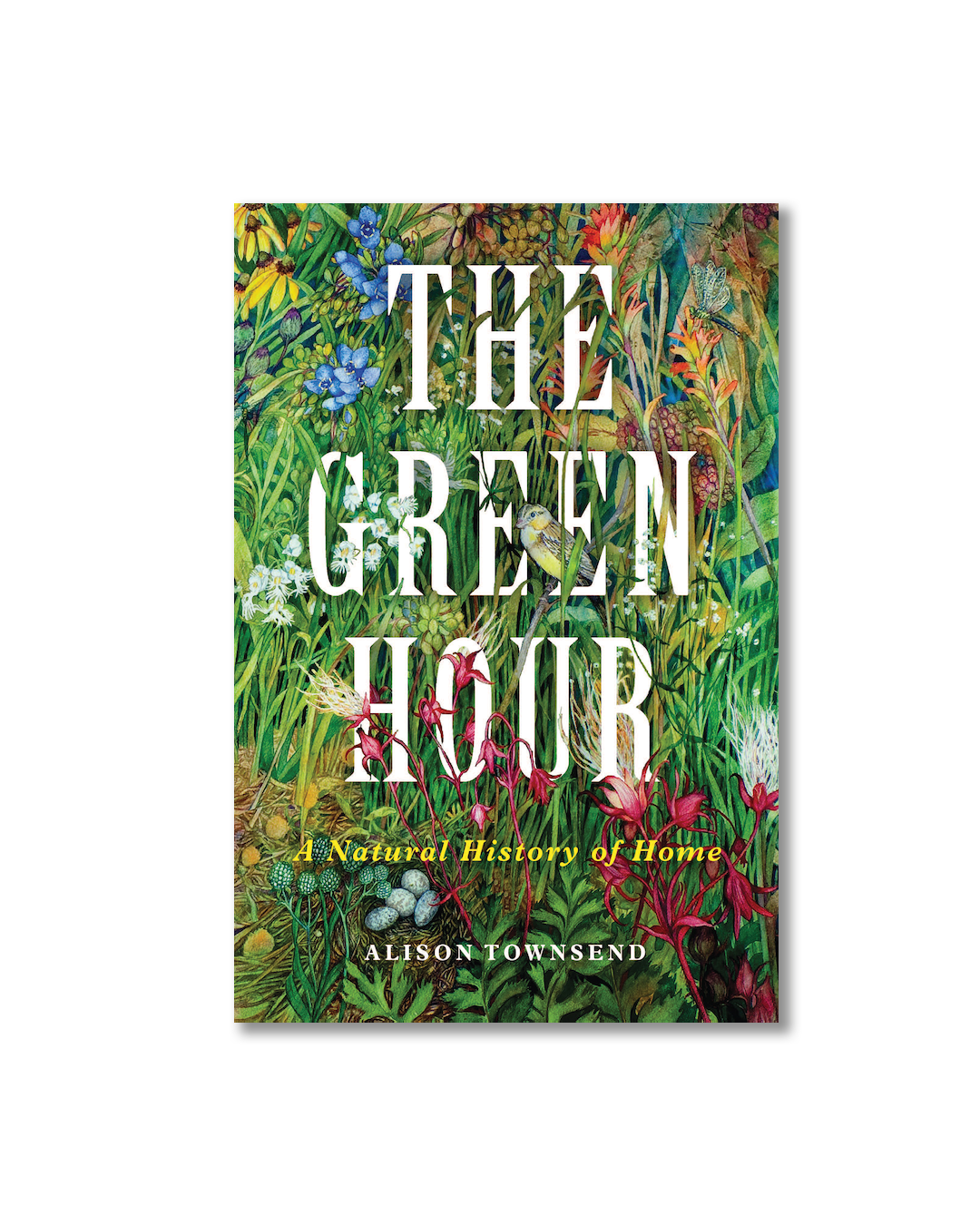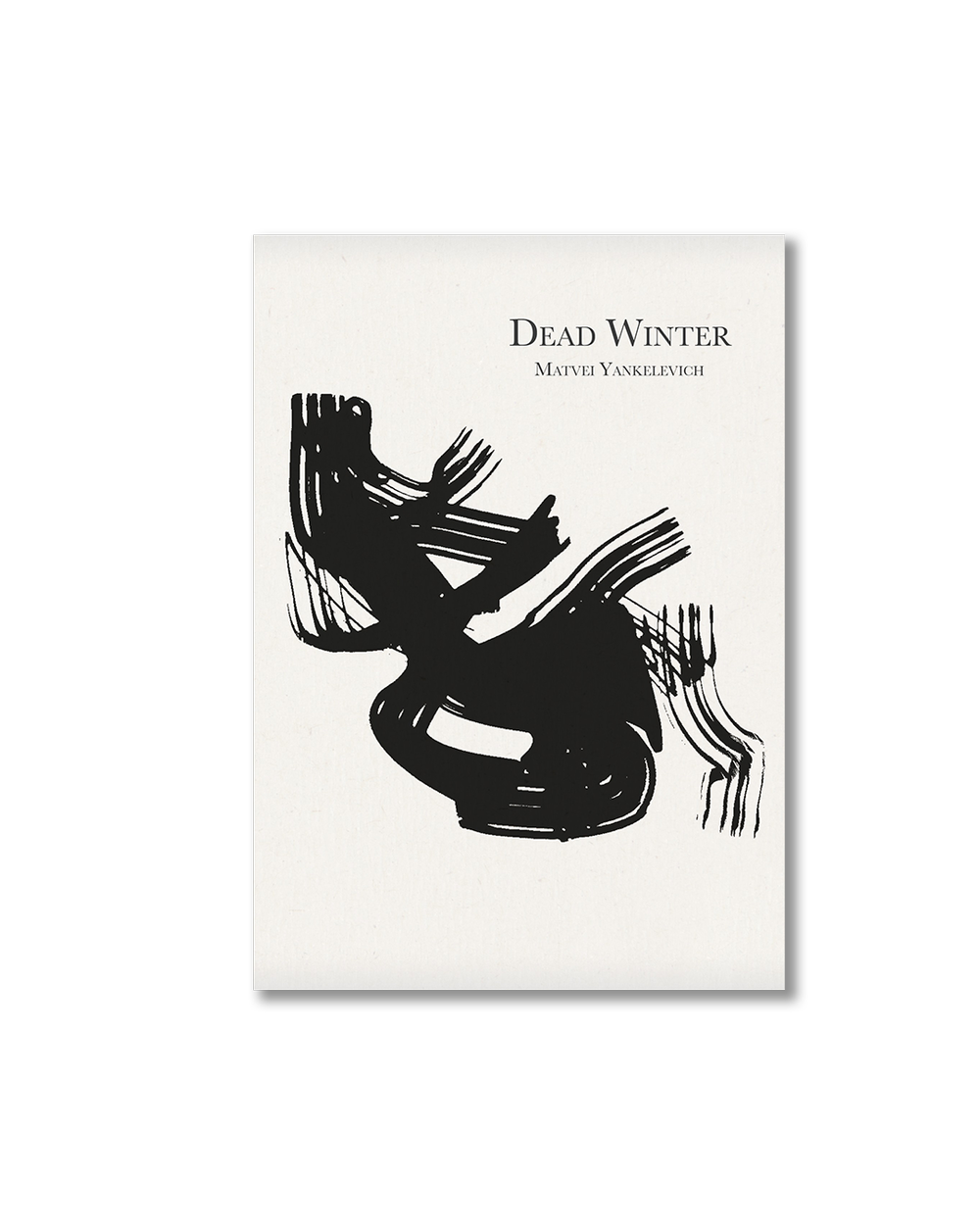The Problem with Advice: On “Sex and the Single Woman”
Can dating advice ever be universal?
Convergence and Departure: On Donatella Di Pietrantonio's "A Sister's Story"
There is perhaps no archetype of sisterly devotion as enduringly popular as Little Women’s March girls.
Little Bomb of Pleasure: On Conor Bracken's "The Enemy of My Enemy Is Me"
“A man can dwell inside a city,” writes Conor Bracken in “Shock & Awe,” “and leave untouched / but what man is there can dwell // within the chambers of another man / and stay himself?”
The Moment You Open the Door: On Kathryn Davis' "Aurelia, Aurélia"
It should come as little surprise to fans of Kathryn Davis that at the beginning of her latest book, Aurelia, Aurélia, she expresses her fondness for both the television series Lost and the middle section of Virginia Woolf’s To The Lighthouse.
Hillbilly LOL-egy: On Cody-Rose Clevidence’s “Aux Arc Trypt Ich”
Cody-Rose Clevidence’s Aux Arc Trypt Ich is a book of three books, a standout achievement in the poet’s relatively brief career of un-relatively prolific output—in addition to two chapbooks, the triptych is the author’s fourth full-length collection, and their third since 2018.
Frozen in Time: On Aisha Sabatini Sloan's "Borealis"
For climate archaeologists, collecting core samples from arctic ice offers a look back in time and a glimpse into an uncertain future.
Longing for Embodied Expression: On Cookie Mueller's "Walking Through Clear Water in a Pool Painted Black"
Cookie Mueller was a writer and artist of many persuasions.
Wild and Cultivated: On Diane Wilson's "The Seed Keeper"
Diane Wilson’s The Seed Keeper is prefaced with the poem “The Seeds Speak,” told from the perspective of stored seeds.
Stratigraphy of Memory: On Christine Hume's "Saturation Project"
Christine Hume’s experimental autobiography Saturation Project is about the dissolving of its subject—or maybe, even, The Subject.
What We Are Too Frightened to See: On Kristin Bock's "Glass Bikini"
In Leviathan, Thomas Hobbes states that human life is “nasty, brutal, and short” because people, left to their own devices, are naturally vicious.
A Drone Flies in Brooklyn: On Adam Wilson's "Sensation Machines"
“There’s a long version and a short version of how I lost all my money,” says Michael Mixner, the male protagonist in Adam Wilson’s Sensation Machines, 44 pages into the author’s latest novel.
Disassociation and Diaspora: On Ken Kalfus' "2 A.M. in Little America"
It’s 2 a.m. in a small enclave of American refugees living abroad.
Asphalt and Sand: A Material History of Extraction and Consumption
I’m writing this in a plane flying south over California, from San Francisco, where I grew up, to Santa Barbara, where I attend grad school.
The Squanderer and the Seduced: On Fernanda Melchor's "Paradais"
Paradais, Fernanda Melchor’s second book translated into English, opens with two teenage boys drinking rum outside a luxury housing development.
Secular and Divine: On Brooke Sahni's "Before I Had the Word"
Brooke Sahni’s debut poetry collection, Before I Had the Word, chosen by Maggie Smith as the Winner of the 2020 X. J. Kennedy Poetry Prize, explores generational ties to grief, sex, family, and religion.
The Art of Noticing: On Alison Townsend's "The Green Hour"
The first time I saw an image of William Sommer’s “Winter Landscape” painting, I was doing something unmemorable online; but I remembered the moment I saw it perhaps even more than I remembered the painting itself because it so strongly evoked the view from my childhood bedroom window.
Brevity Creates Breadth: A Review-Interview with Kalani Pickhart on "I Will Die in a Foreign Land"
When readers need to know a century’s worth of history to comprehend a novel’s dynamics, a fiction writer confronts a task that may appear simple but is actually excruciatingly difficult.
Poetry as Prose: On Irene Solà's "When I Sing, Mountains Dance"
Irene Solà’s novel When I Sing, Mountains Dance starts with a storm personified and a person disembodied.
Something Like the Ghost of Meter: On Matvei Yankelevich's "Dead Winter"
Matvei Yankelevich’s new collection Dead Winter draws its poems from a longer sequence, still in progress, whose overall title is “From A Winter Notebook.”

